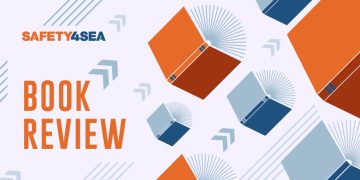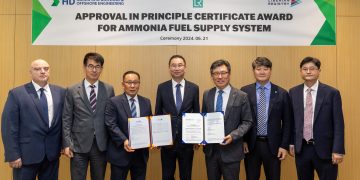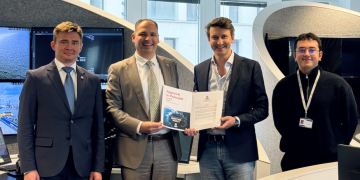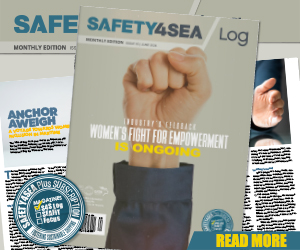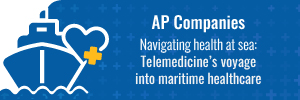Portable oxygen measuring instruments
Amendments to SOLAS Chapter II-2 Amendments to SOLAS Chapter II-2 will enter into force on January 1, 2012 and introduce new requirements for portable oxygen measuring instruments, as follows:IMO Resolution MSC.291(87) introduces a requirement for all 'tankers' to be equipped with at least one portable instrument for measuring oxygen, together with a sufficient set of spares and suitable means for the calibrationof such instruments.'Tanker' in this instance means any ship carrying bulk liquid cargoes of a flammable nature. SOLAS already contains requirements for carriage of portable oxygen meters but this new amendment adds therequirement for spares and calibration equipment. A second portable instrument for measuring oxygen is generally regarded as meeting the requirement for a sufficient set of spares.What should owners and operators do now?Owners and operators of new and existing tankers should ensure they have portable oxygen meter(s), spares and means of calibration in place by January 1, 2012.Surveyors have been instructed to confirm this equipment is in place at the first attendance on board after thisdate.Source: Lloyd's Register
Read more













